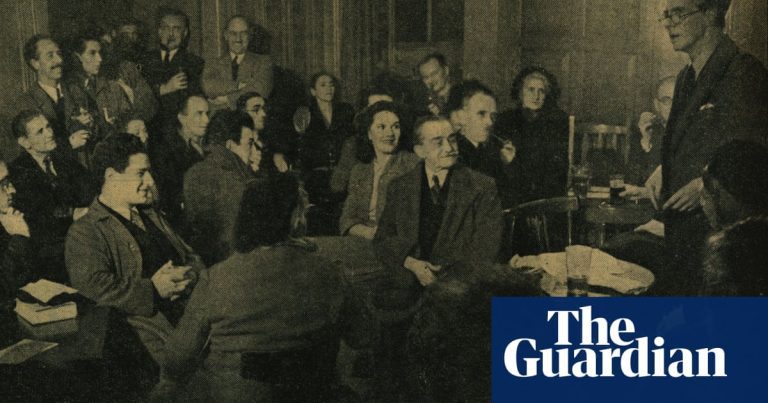When scientist and inventor Professor Archibald Montgomery Low predicted “a day in the life of a man of the future” a century ago, his prophecies were sometimes dismissed as “ruthlessly imaginative.”
They included, reported the London Daily News in 1925, “such horrors” as being awakened by a clock radio; communications “by personal radio”; breakfast “with loudspeaker news and televised previews of events”; shopping by moving stairs and sidewalks.
One hundred years after Low published his book The Future, some of his predictions were correct. Others, including his prophecy that everyone would wear one-piece suits and synthetic felt hats, are less so.
Researchers from online genealogy service Findmypast, have unearthed accounts of Low’s predictions from its vast, publicly available digital archive of historical newspapers and included them in a collection on its website predictions made for 2025 by people a century ago.
Low, born in 1888, was an engineer, physics researcher, inventor and author. A pioneer in many fields, he invented the first motorized drone, worked on the development of television, was known as the “father of radio guidance systems” for his work on airplanes, torpedo boats and guided rockets and is said to have attracted at least two unsuccessful assassinations. German attempts.
In 1925, he predicted how home loudspeakers and “a television machine” would replace “photo paper” – or newspapers – for on-demand information and entertainment; access to global streaming at the touch of a button; and the use of secret cameras and listening devices to catch criminals.
It provided for the use of moving sidewalks and staircases, essentially the escalators and moving walkways of today, as well as “automatic telephones” offering the advantage of obtaining the right number every time, unlike rotary dial telephones from the 1920s.
Some extravagant imaginings included new ways of lighting streets with herbs (1926), electrically charged jets of water to replace cavalry (1923), and electrical mind-to-mind communication (1925). Others, such as the generalization of women in pants (1924) or the determination of sex before birth (1926), are entirely correct.
The major investments made in recent years in offshore wind and solar energy seem to respond to another prediction: “wind and tide must also be put at the service of man”. Yet another said: “Life must be made much easier by the use of machines which will do all the hard and unpleasant work.” »
The average man, according to one newspaper article, “will be called punctually by a clock radio set to pick up the particular signal at the time he wishes to get up.” Before the advent of automated alarms, people were awakened early in the morning by a “top knocker”, a person going door to door banging the windows with a long wooden stick, which only went out in Britain than in the 1940s and 50s. However, Low’s prediction that the alarm clock would be set for “probably nine thirty” was optimistic.
Another prophecy, that every morning people would benefit from “a few moments of radio light treatment or a massage in order to remain fit and alert for the affairs of the day”, seems to be inspired by modern trends in health and well-being today.
Jen Baldwin, research specialist at Findmypast, which has more than 87 million digitized historical newspaper pages, said: “It’s astonishing that a century ago a visionary scientist was able to predict how an emerging technology – to the era in its infancy – could have changed the world. by 2025. This makes us wonder how the progress we see around us today will be experienced by our own descendants.
Low, who died aged 68, continued to make predictions throughout his life. Not everyone found grace. In 1929, the Daily Express reported, with some indignation, that the professor was something of a “staunch conservative” who had declared that it would be centuries before “women approached men in intelligence” and only when they adopt “the physical characteristics of men”.
“A female doctor from Munich has just predicted that women who cut their hair will eventually grow beards. She and Professor Low should meet,” the paper said.


